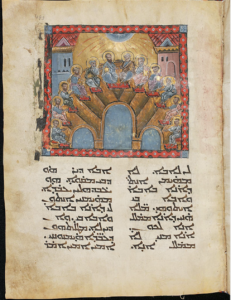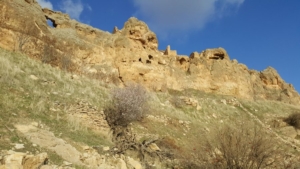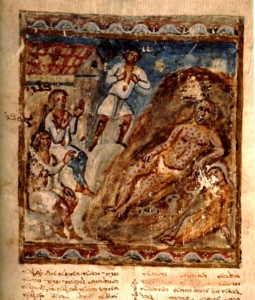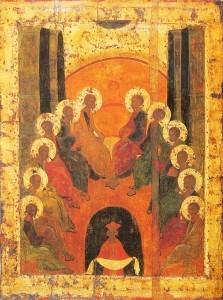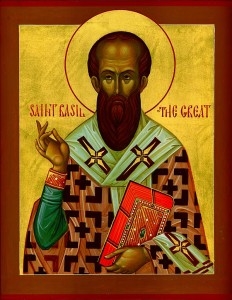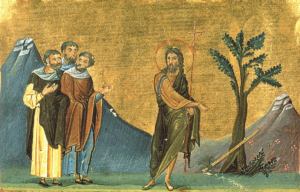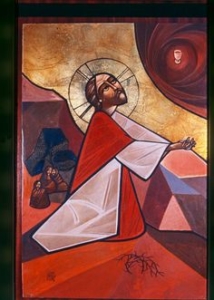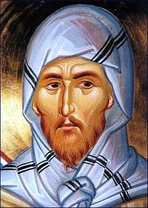If the kingdom of God is. . .
If the kingdom of God is within us and that is a kingdom of justice, of peace, and of joy then whoever remains with these virtues is certainly in the kingdom of God. By contrast, all who deal in unrighteousness, in discord, and in death-bearing gloom have taken their stand in the kingdom of the devil, in hell and in lifelessness. It is by these tokens that the kingdom of God or of the devil is recognized.
— John Cassian
